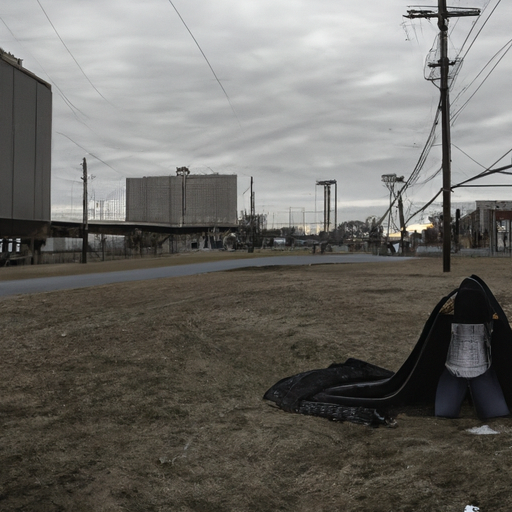The Canadian Opioid Crisis: Exploring Legal Consequences and Civic Response
As we continue to grapple with the devastating opioid crisis, the role of pharmaceutical companies in exacerbating this problem and the urgency of developing comprehensive strategies for its mitigation have become areas of significant focus. A recent article published in The Star details British Columbia’s bold bid to certify an opioid class action lawsuit against over forty opioid manufacturers and retailers, a step that may prove influential for Canada’s overarching opioid crisis management strategy.
The Opioid Crisis and Its Effects
To understand the gravity of the opioid crisis is to acknowledge its far-reaching consequences. The proliferation of opioids has plagued Canada with increased rates of addiction, violent crime, and homelessness, among other societal ills. However, the social and economic burden of the opioid crisis runs even deeper.
Opioids, Addiction, and Crime
Opioids have created a significant public health issue with a vast implication for the social fabric of Canadian communities. The rampant opioid addiction has undoubtedly led to an increase in related criminal activity as addicts often resort to theft, burglary, and other illegal acts to fund their addiction.
Opioids and Homelessness
Closely connected to the addiction and crime aspects of the opioid crisis is the issue of homelessness. Simply put, the health, financial, and social implications of opioid addiction frequently lead to homelessness, further amplifying the crisis and making meaningful intervention increasingly complex.
The Opioid Class Action Lawsuit
The ongoing Canadian opioid abatement class action aims to hold opioid manufactures and retailers accountable for the catastrophic societal effects that have resulted from their practices. British Columbia hopes this lawsuit will pave the way for recovering substantial costs related to combating and addressing the opioid crisis, both from a public health and societal standpoint.
Strategies to Combat the Opioid Crisis
In conjunction with holding manufacturers and retailers accountable through the opioid class action lawsuit, Canadian civic and community leaders have put forth several strategies to help quell the opioid crisis:
- Distribution of Naloxone: Naloxone, a medication used to block the effects of opioids and prevent overdose, has been widely distributed in cities across Ontario.
- Increased Access to Treatment: Efforts have been made to provide more access to effective treatments and therapies for those struggling with opioid addiction.
- Public Awareness Campaigns: Raising awareness about the dangers of opioid misuse and the available resources for those struggling is a significant part of the strategy.
Despite these efforts, the opioid crisis persists, necessitating continuous exploration of innovative solutions and direct, concerted actions.
In Conclusion
The opioid crisis continues to be a major concern in Canadian communities. The governmental initiative to certify an opioid class action lawsuit is a vital step towards addressing the role of pharmaceutical companies in this crisis. Simultaneously, the development and implementation of comprehensive strategies—including increased access to naloxone and related treatments, public awareness campaigns, and improved access to social supports—are absolutely critical in our collective endeavour to combat the opioid crisis.
Future efforts will undoubtedly require a focused and concerted collaborative approach, driven by unwavering resolve to deal with this crisis at its roots and effect meaningful societal change. Through such multi-pronged approaches, we can hope to protect and preserve the health, social fabric, and economic vitality of our Canadian communities in the face of this persistent crisis.
